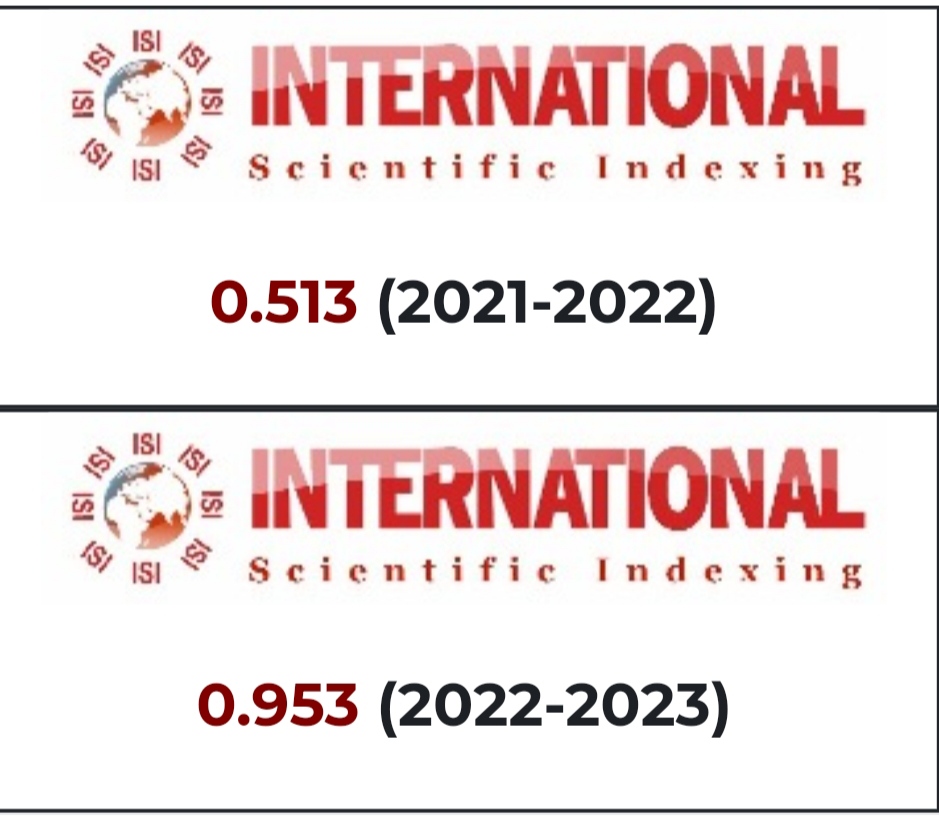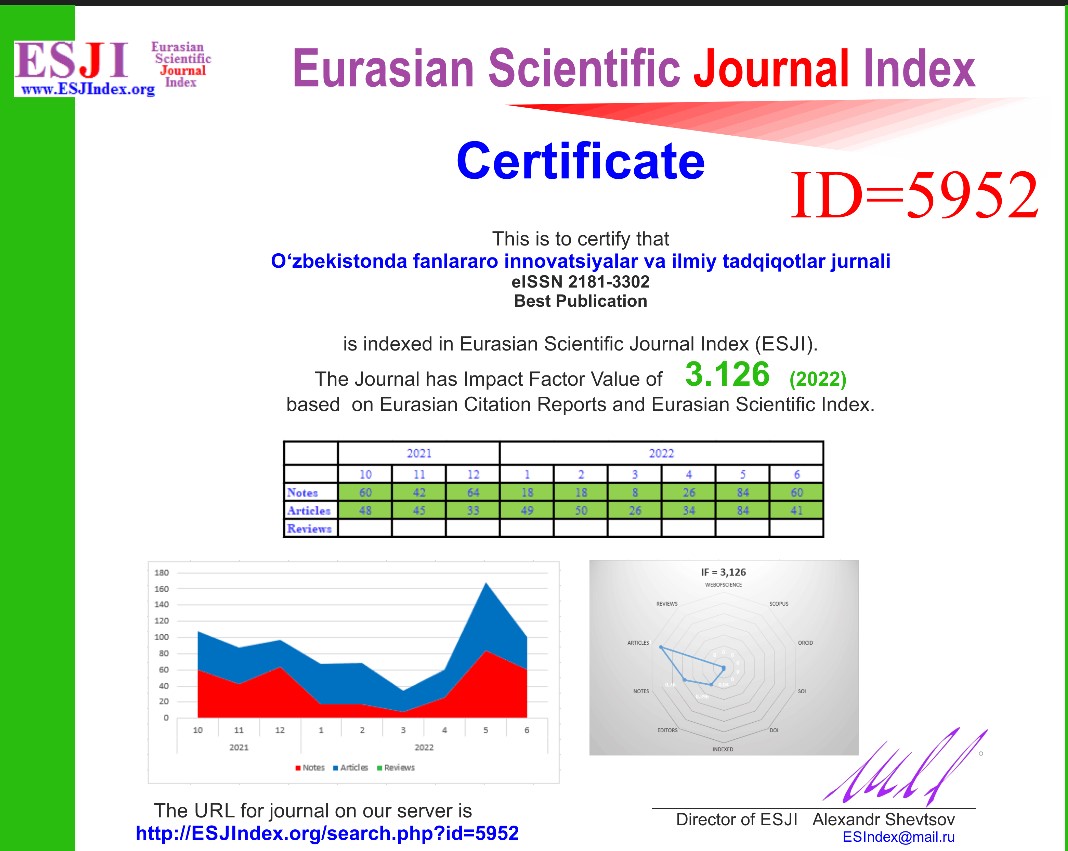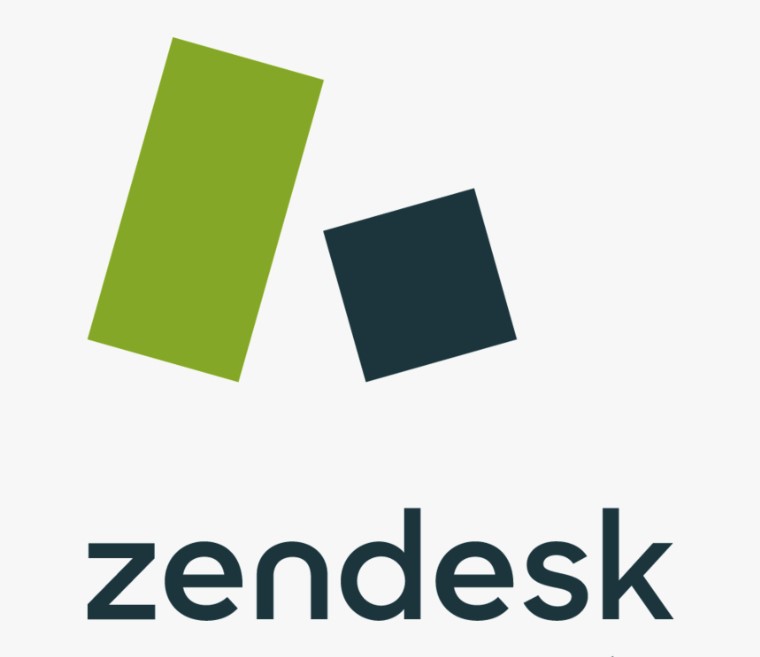ON RESURLARINING BOSHQARUVIDA AXBOROT TIZIMLARINI MUVAFFAQIYATLI QO’LLASHGA TA’SIR KO’RSATUVCHI OMILLAR
Ключевые слова:
Iste'dodlarni boshqarish; Inson resurslarini boshqarish; HRIS, Axborot tizimlari, Xodimlar platformasining xususiyatlari; Raqamli iqtisodiyotАннотация
Maqolada inson resurlari va iste’dodlarni boshqaruvi (talant menejment) sohasia qo’llaniladigan axborot tizimlarning muvaffaqiyatini o’lchovchi model muhokama qilinadi. Modelda oltita muvaffaqiyat o’lchovlari mavjud bo’lib, bular: tizim sifati, xizmat sifati, tizimdan foydalanish niyatlari, foydalanuvchi qoniqishi va tizimning aniq afzalliklari.
Библиографические ссылки
Ali Quaosar, G. and Rahman, M. (2021) Human Resource Information Systems (HRIS) of Developing Countries in 21st Century: Review and Prospects. Journal of Human Resource and Sustainability Studies, 9, 470-483. https://www.scirp.org/journal/paperinformation.aspx?paperid=111944
Barkah Wira Tri, Suroso Arif Imam, Hermadi Irman, FACTORS AFFECTING THE INTENTION TO USE FASHION-RENTING PLATFORM, RJOAS, 2(110), February 2021, pp. 75-84
Etezadi-Amoli, J., and Farhoomand, A.F. (1996), ―A structural model of end user computing satisfaction and user performance‖, Information & Management, 30, 2 65–73.
Goundar S., Sigh V. (2021), Analyzing Human Recourses Information Systems in Organizations, Enterprise Systems and Technological Convergence, pp. 209-219
Hsiu-Ju Chen (2010), Linking employees’ e-learning system use to their overall job outcomes: An empirical study based on the IS success model, Computers & Education, Volume 55, Issue 4, December, Pages 1628-1639
Konkin and Brainard, (2011) ―Brainard Strategy: Choosing the Best Talent Management Vendor for You‖, Whitepaper Available form: http://brainardstrategy.com/wpcontent/uploads/2011/10/Talent-Management-Article-final-draft.pd
Moussa, N. B., & El Arbi, R. (2020). The Impact of Human Resources Information Systems on Individual Innovation Capability in Tunisian Companies: The Moderating Role of Affective Commitment. European Research on Management and Business Economics, 26, 18-25. https://www.sciencedirect.com/science/article/pii/S2444883418301992?via%3Dihub
Nuryanti, Y. ., Hutagalung, D. ., Nadeak, M., Abadiyah, S. ., & Novitasari, D., (2021), Understanding the Links between System Quality, Information Quality, Service Quality, and User Satisfaction in the Context of Online Learning. International Journal of Social and Management Studies, 2(4), 54–64.
Pei-FangHsu, HsiuJu RebeccaYen and Jung-ChingChung (2015), Assessing ERP postimplementation success at the individual level: Revisiting the role of service quality, Information& Management, Volume 52, Issue 8, December, Pages 925-942
Seddon, P.B. A respecification and extension of the DeLone and McLean model of IS success. Information Systems Research, 8, 3 (1997), 240–253.
Teo, T.S.H., and Wong, P.K. (1998), ―An empirical study of the performance impact of computerization in the retail industry‖. Omega—The International Journal of Management Science, 26, 5 611–621
Urbach, N., Smolnik, S. and Riempp, G., (2010). An empirical investigation of employee portal success. The Journal of Strategic Information Systems, 19(3), pp.184-206. ISSN 0963-8687, Available from: https://doi.org/10.1016/j.jsis.2010.06.002.
DeLone W. and McLean E. (2003), The DeLone and McLean Model of Information Systems Success: A Ten-Year Update, Journal of Management Information Systems, Spring, Vol. 19, No. 4, pp. 9–30.
Zainol, Z., Fernandez, D., & Ahmad, H. (2017). Public Sector Accountants’ Opinion on Impact of a New Enterprise System. Procedia Computer Science, 124, 247-254. https://www.sciencedirect.com/science/article/pii/S1877050917329216?via%3Dihub











